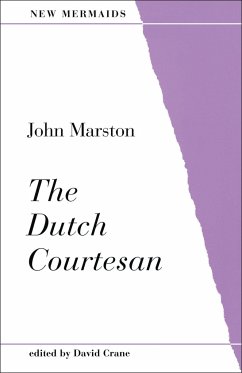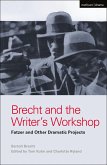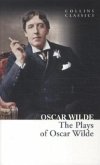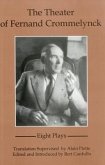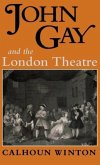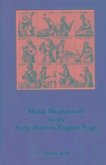Although it was written shortly before or after Queen Elizabeth's death in 1603 and performed by the boy company at Blackfriars, this play foreshadows the light ladies and callous gallants of Restoration comedy. Passion is a scourge, love is humiliation, and friends might as well be enemies. Freevill discards his concubine Franceschina and, for a joke, sets his straight-laced friend Malheureux on to her, who falls for her and promises to carry out her revenge on Freevill by killing him. The play in the theatre, which is fully imagined in the introduction to this edition, impresses on the audience the spuriousness of rigid moral persuasions, especially when they are tried by fits of sexual passion.
Hinweis: Dieser Artikel kann nur an eine deutsche Lieferadresse ausgeliefert werden.
Hinweis: Dieser Artikel kann nur an eine deutsche Lieferadresse ausgeliefert werden.

